A great deal of spider species don’t generate any noise at all; however, some of them have the ability to make sounds and vibrations. So, do tarantulas growl? Spiders really lack voice chords, unlike us and other animals.
They instead employ different strategies for communication, self-defence, and hunting. These and other queries will be addressed as we delve into the realm of spider noises in this article.
Do Tarantulas Growl?
Tarantulas don’t growl in the traditional sense, but they communicate through hissing sounds. By rubbing their bristles, they create subtle noises, serving as a form of interaction. Unlike mammals, tarantulas use this unique sound to convey messages. While not a growl, it’s their way of communicating, distinct from human vocalizations.
For example, the Goliath Birdeater spider, the largest spider species in the world, can make chirping sounds by rubbing its pedipalps and legs.
Are Spiders Noisy?
It is unlikely that you will come across too many spiders producing original sounds, especially in your home, as the vast majority of spiders discovered worldwide don’t produce vibrations at all.
But it may vary from species to species. Some spiders have the ability to produce sounds or make any noises as a mode to communicate with other spiders or protection.
For instance, several types of tarantulas may make sounds by rubbing their body parts together, such as hissing sounds or producing sounds by stridulation.
- Tarantulas may rub their pedipalps against the bristles on their front legs to make hissing or purring noises.
- Male wolf spiders rub their front legs together to create mating vibrations that sound like purrs.
- Male black widow spiders shake their abdomens to produce high-pitched sounds to deter female attacks.
Spider experts note these spider sounds can travel up to 15 feet away. The vibrations are also transmitted through spider webs and other surfaces like leaves, allowing spiders to communicate.
What Sounds Do Tarantulas Make?
Some species of tarantulas make a hissing or rasping sound when frightened or disturbed in order to notify potential predators of their presence and fend them off by rubbing their pedipalps against the hairs or bristles on their front pair of legs.
Although this behaviour might result in a rasping or hissing sound, it is not vocal in nature. Instead, it is the outcome of the spider’s actual movement, specifically its legs as well as other body components.
It’s crucial to keep in mind that, despite the manner in which tarantulas might display protective behavior, they seldom bite people unless provoked or treated poorly.
What Type of Tarantulas Make Noises?
Noisy Tarantulas
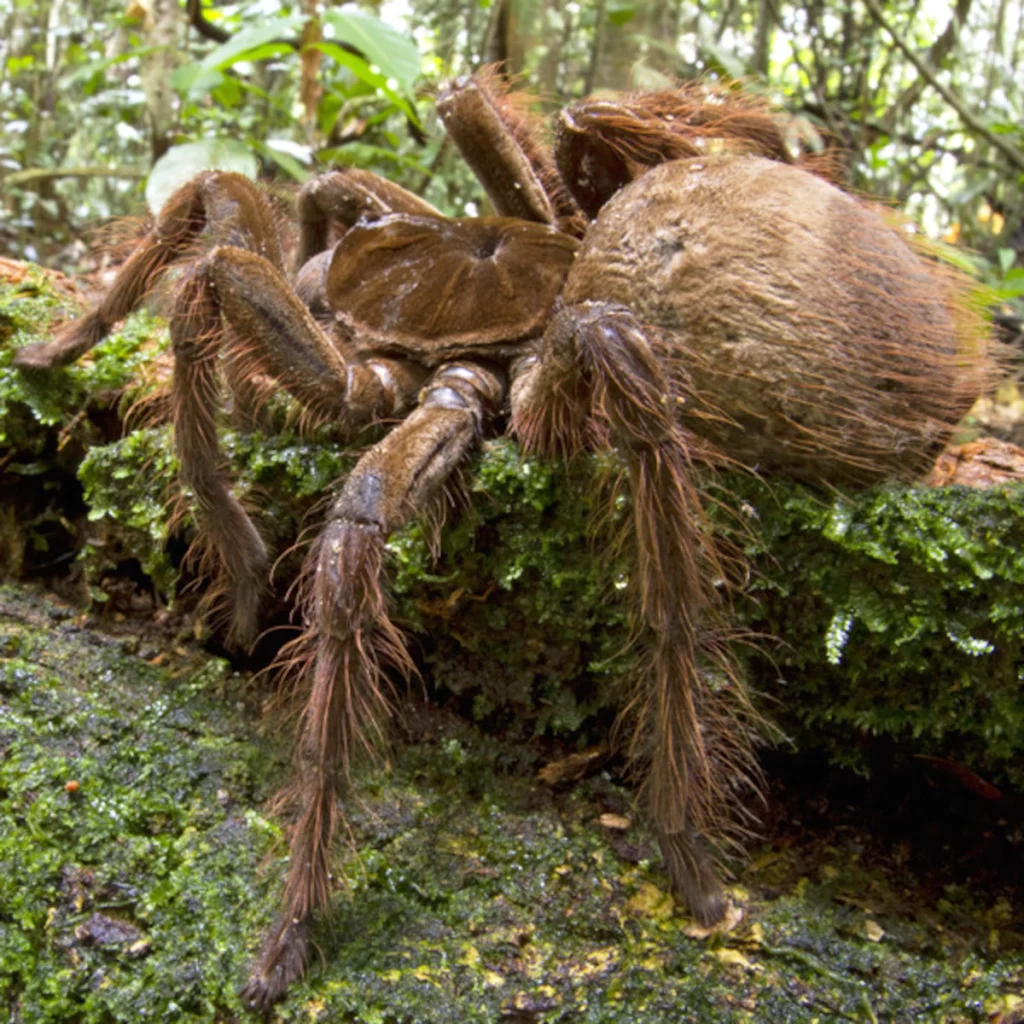
The goliath bird-eating spider, the biggest spider in the world, is one of the tarantulas are capable of making chirping sounds as a defense strategy when it feels threatened.
It is not advised to keep this enormous tarantula as a pet since it is seen as hostile. The King Baboon Spider and the Mombasa Golden Starburst Tarantula, which is similarly regarded as more destructive than the majority of tarantulas, are two more popular arachnid noisemakers.
Quiet Tarantulas
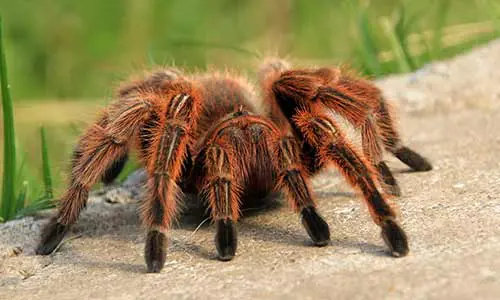
The Chilean rose-haired tarantula, a resilient spider with rose-coloured hair, and the pink toe tarantula, a very fluffy, somewhat tolerable spider with pink-orange toes, are both silent species in sharp contrast to noisy ones. Due to their calm personalities, both make wonderful pets.
Why Do Tarantulas Make Noise?
One of the most prevalent phobias in the world is arachnophobia, or the fear of spiders. However, certain tarantulas may not be as scary as you believe.
Some spiders are known to make hissing or rasping noises when threatened, alerting predators to keep away, in addition to rising up on their hind legs in a protective attitude.
Instead of using its mouth to produce this sound, which is known as stridulation, the spider instead makes it by rubbing the unique bristles on its front legs together. The National Zoo scientists claim that this noise may be heard up to 15 feet away, making it a potentially loud one.
This noise can alert people to stay away from the spiderlings in order to prevent a bite or contact with the small urticating hairs that are ejected from the tarantula’s belly.
Warning! What To Do When A Tarantula Growls?
Since tarantula spiders don’t have vocal cords, they cannot really growl. However, if you come across a tarantula acting defensively or making odd noises, it could be agitated or stressed out. And they’re considerably more likely to flee than to strike you.
Slowly retreat from the tarantula and keep a safe gap between you and it. Respect its boundaries and refrain from any activities that may be interpreted as aggressive. Make sure that the area around the tarantula is free of any dangers or distractions.
Do House Spiders Make Noise?
Spiders can, in fact, generate sounds, although it is excluding house spiders. Spiders have a wide range of vocalizations that they may produce, and they do so for a number of reasons.
Common house spiders, commonly known as house spiders, rarely create sounds that people can hear. In such cases, it is essential to proceed with caution and take safety measures.
Do Wolf Spiders Purr?
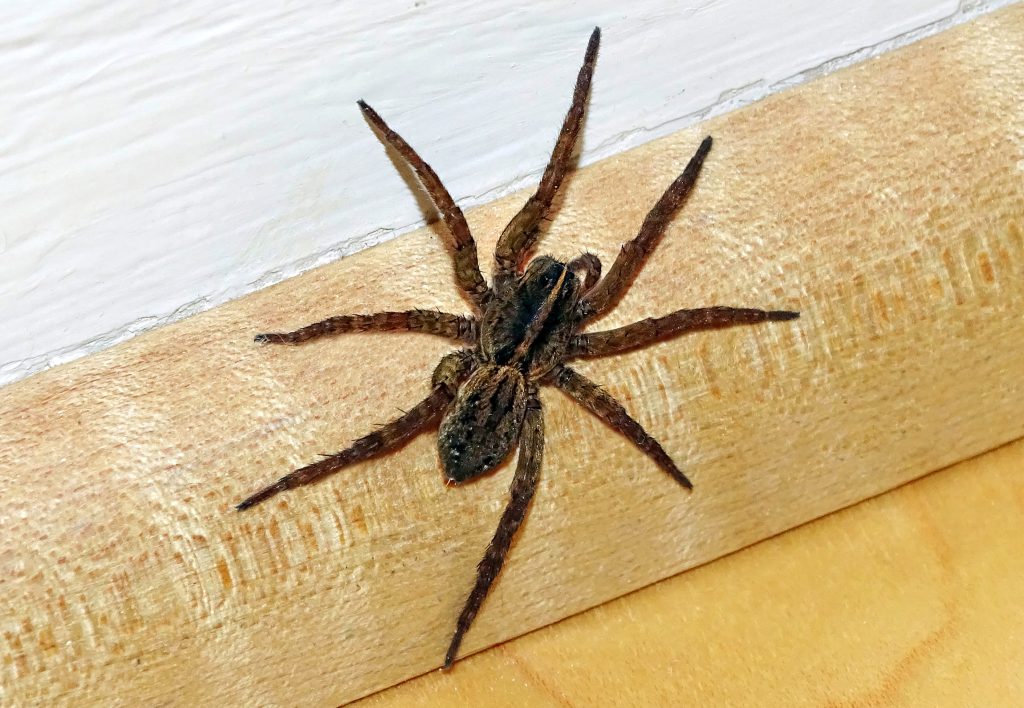
Species of wolf spiders make noises that sound more like a purr. Simply said, the sound is a byproduct of their front legs rubbing against one another, which is intended to produce mating vibrations.
Male spiders utilize the noises as part of a complex communication system to court females. In fact, male spiders produce sounds, and when these sounds reach nearby dry leaves, they vibrate as well.
Spiders make music by vibrating inanimate objects in their surroundings, similar to crickets and katydids that produce sound by using an organ.
Are Black Widows Noisy?
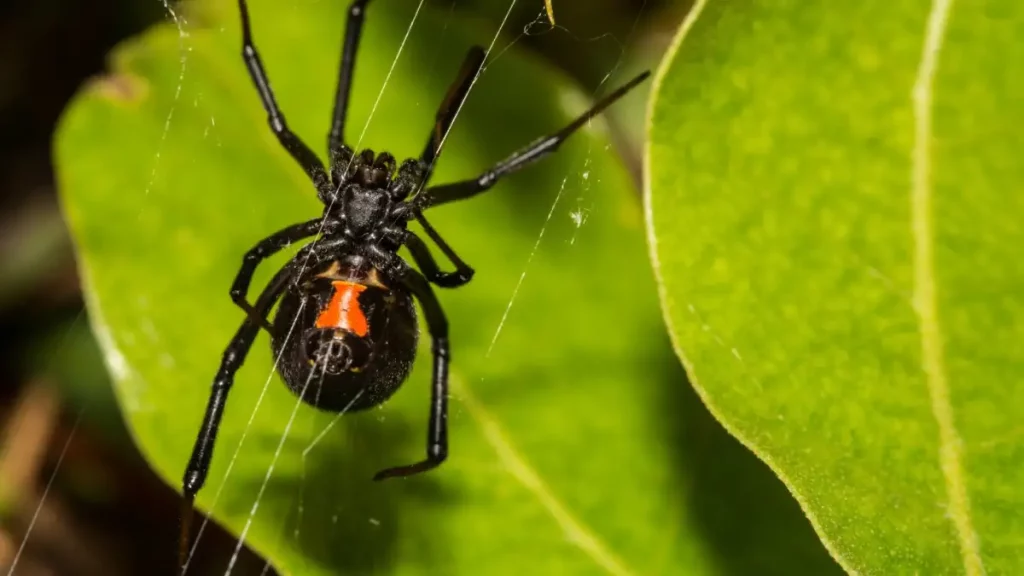
Male black widow spiders that are agitated shake their abdomens to emit finely pitched vibrations and deter females from attacking them. Black widows create chaotic webs that they employ for pheromone and vibration communication.
Other than that, black widow spiders don’t produce sounds, unfortunately. Black widows are typically silent, non-vocal animals like the majority of spiders.
Do Brown Recluses Make Noise?
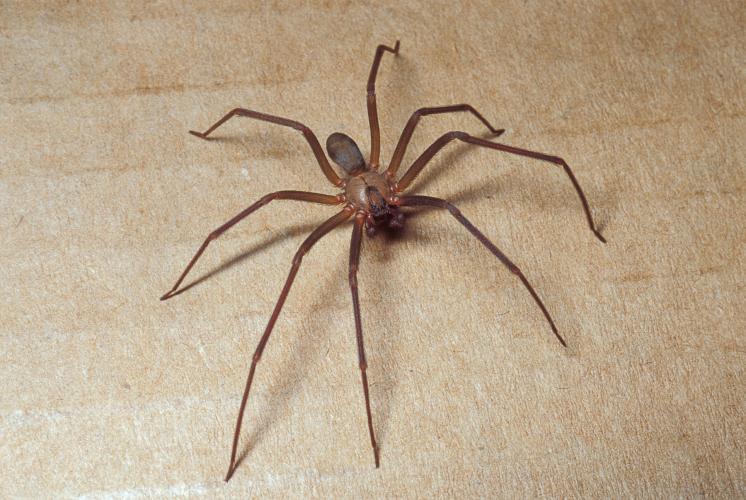
The brown recluse spider is well recognized for its solitary lifestyle and propensity to shun conflict. Brown recluses are incapable of producing any sound that the human ear can hear. Silent spiders are thought to be brown recluses.
Conclusion
Although the world of spiders may appear to be silent at first, these amazing animals have complex and varied means of communicating.
Most spiders don’t even make a sound. Many types of tarantulas and certain wolf spider species are able to make sound using their bodies.
The majority of the time, tarantulas are silent creatures that communicate and engage with one another through body language and pheromones.
We may better appreciate the astonishing adaptations of these intriguing arachnids if we are aware of the subtleties of tarantula behaviour and communication.
FAQs
Do Spiders Communicate With Sounds?
Despite the fact that they lack ears and the ability to speak, they may nonetheless communicate by means of sound vibrations. Spiders communicate by vibrating their webs at various frequencies.
Do spiders growl or hiss?
In fact, male spiders vibrate, and when these vibrations reach nearby dry leaves, they vibrate as well. A low “purring” sound made by the vibrating leaf may be heard by people, and it travels.
Do spiders make vocal sounds?
In general, spiders don’t have vocalizations as mammals or birds do. Unlike many animals, they do not have vocal cords or any other specific structures for making noises.
Do Tarantulas Bite
Yes, tarantulas can bite humans. A tarantula bite to a human is often no worse than a bee sting in terms of toxicity, but it can vary by species. Symptoms from most species range from local pain and swelling to stiffness of joints or muscles. However, tarantula bites can be lethal to birds and some mammals.
Are Tarantulas Poisonous
Tarantulas are venomous, but not poisonous. Venom is a substance that is injected into another organism through a bite or a sting, while poison is a substance that is ingested or absorbed by another organism. Tarantulas use their venom to paralyze and kill their prey, but they do not produce any poison that can harm other animals that touch or eat them.
The venom of tarantulas varies in strength and composition depending on the species. Most tarantulas have venom that is weak and harmless to humans, causing only mild pain and swelling. However, some tarantulas have venom that is more potent and can cause severe symptoms such as muscle cramps, nausea, fever, and even death in rare cases.
Hugues Beaufrere is the Exoticpetia’s senior writer and reptile expert. He has been fascinated by reptiles and monkeys since he was a kid and had years of experience in herpetology and primatology. He has cared for various kinds of Monkeys, Lizards and Reptiles and loves to share his knowledge and passion with others.


